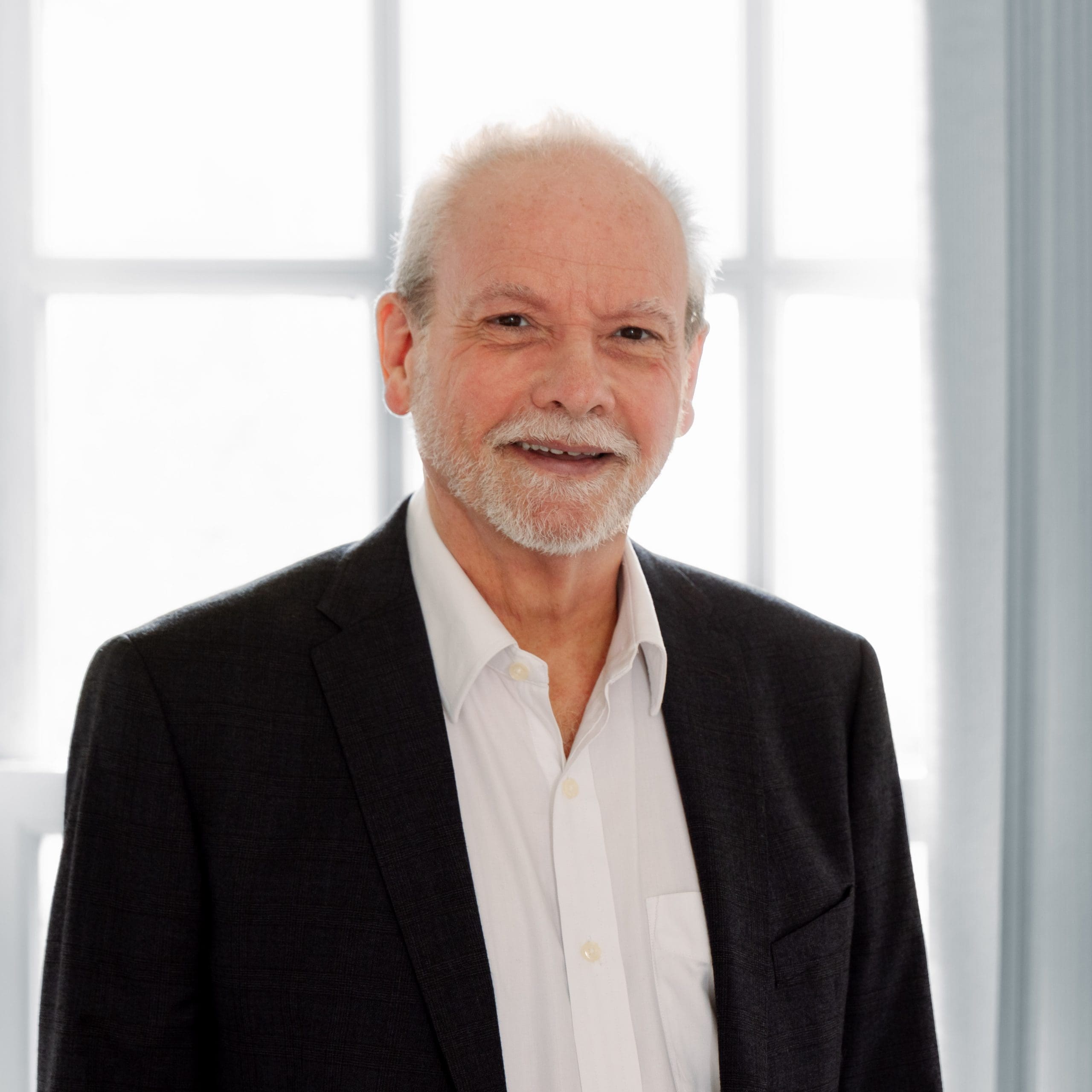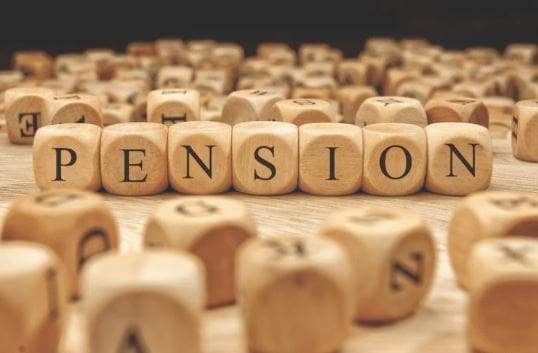A Controlling Director of a successful, profitable SME manufacturing business would love for his company to make a substantial £100,000 pension contribution for his benefit.
Unfortunately, he has not one, not two, but three big issues.
First, he only has £60,000 of Annual Allowance available so a contribution from his company to a conventional Money Purchase Scheme of £100,000 would create a very large Income Tax Bill for him personally.
Second, because his total drawings from all sources is slightly more than the £200,000pa Threshold Income Level, he would have to take tapering into account when calculating his available Annual Allowance and a £100,000 employer contribution would take him way over £260,000 reducing his £60,000 Annual Allowance considerably.
Third, some years ago he took the benefits from a small Money Purchase pension pot that he felt he no longer needed and triggered the permanent Money Purchase Annual Allowance in doing so. This has meant that for each of the past three years he has been limited to total pension contributions of £4,000pa and only £10,000 for the 23/24 year.
Each of these three issues would likely scupper any chance of his company contributing anything like the desired £100,000 contribution (at least whilst avoiding very considerable tax charges for him).
Enter DB SSAS.
First, the £60,000 Annual Allowance would likely allow a contribution of 3 x that much, easily allowing a £100,000 monetary contribution within the maximum £3,750pa Defined Benefit Target Pension.
Second, contributing £100,000 to a DBSSAS would probably only necessitate a third of that amount being added to total income for the purposes of tapering. Likely to result in a total under the all-important £260,000, thus retaining the full Annual Allowance.
Third, Money Purchase Annual Allowance does not apply to Defined Benefits Pension Schemes, such as DB SSAS. Only to Money Purchase ones (there is a clue in the title!). Not only could he utilise the full £60,000 Annual Allowance for this 23/24 tax year (as opposed to £10,000) but he could also free up the three segments of £36,000 trapped in the Carry Forward years.

